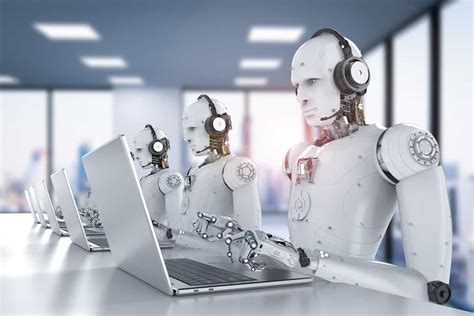The shift towards remote work has been well underway for several years, but the tech industry, in particular, has taken significant strides in making work from home a long-term, viable option. Companies have realized that by decoupling job roles from specific locations, they can tap into a broader talent pool while also catering to the changing preferences of their workforce. This transformation is not just a temporary response to the global pandemic but a redefined vision of the ‘workplace’ that emphasizes flexibility, employee wellness, and productivity.
An interesting aspect of the evolving job market in tech is the rise in AI-driven roles. Beyond traditional tech jobs, companies are increasingly listing positions that specifically involve machine learning, data analysis, or AI implementation. These roles highlight the industry’s rapid move towards automation and data-driven decision-making, showcasing a future where human-AI collaboration becomes commonplace and critical to business operations.
Job postings left no room for doubt; from small startups to tech giants, businesses are embracing digital nomadism, creating more inclusive job offers that argue for work-life balance and mental health. Noteworthy is the corporate effort to stitch together distributed teams that operate synchronously, despite geographical boundaries. Companies are not just adjusting to remote work; they’re iterating on it and perfecting remote operation systems.
Moreover, the push for AI is not siloed to technical positions. From product management to marketing, the integration of AI tools is becoming central to a variety of job descriptions. It’s clear that understanding or managing AI resources is soon becoming a ubiquitous job requirement, spelling the beginning of a new era in the tech industry that bridges the gap between technology and traditional roles.
The alignment of job offers with employee preferences for flexibility does not only manifest in remote work. Flexitime, asynchronous work options, and the increase in contract-based roles cater to a workforce that values autonomy over strict office hours. Tech companies, known for their agile environments, are setting examples that could soon spill over into other industries.
Aside from technical skills, there’s an emphatic call for soft skills such as teamwork, adaptability, and proactive communication; indispensable traits for navigating the fast-evolving technological landscapes and decentralized teams. This suggests a holistic approach to recruitment that values personality and adaptability as much as technical acumen.
In conclusion, the future of work in tech is dynamic, inclusive, and technologically sophisticated. As the lines between different job domains blur, facilitated by advanced AI and remote technologies, what comes forth is a labor market ripe with opportunities for continuous learning, innovation, and growth. These changes not only redefine how work is done but also emphasize the importance of adaptability and continuous learning in one’s career trajectory.


Leave a Reply